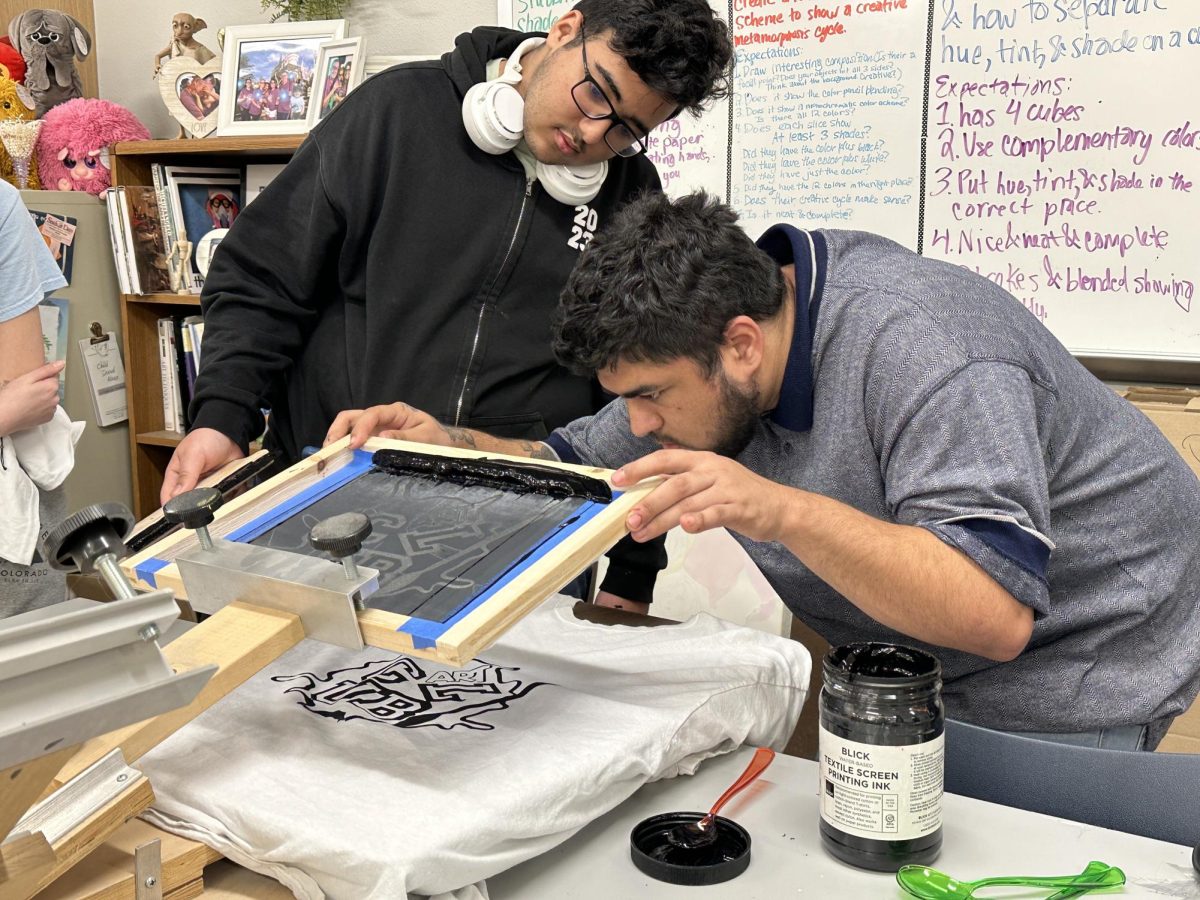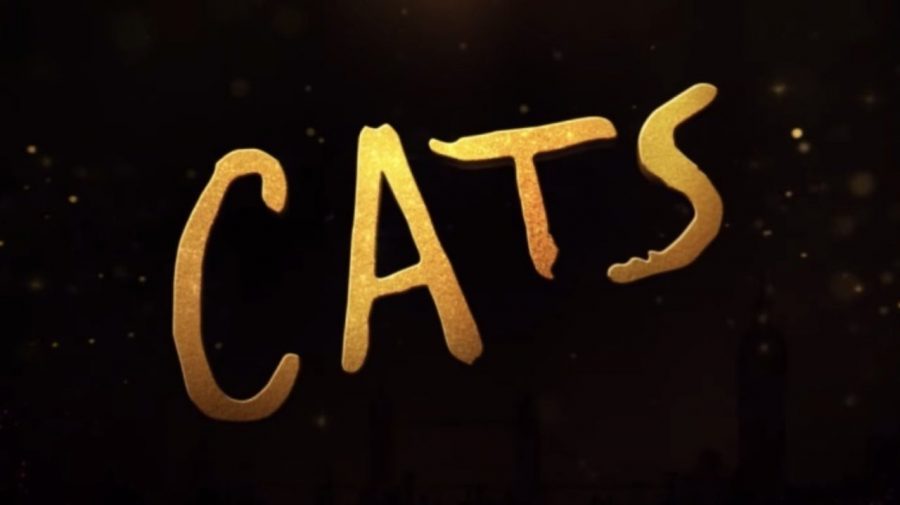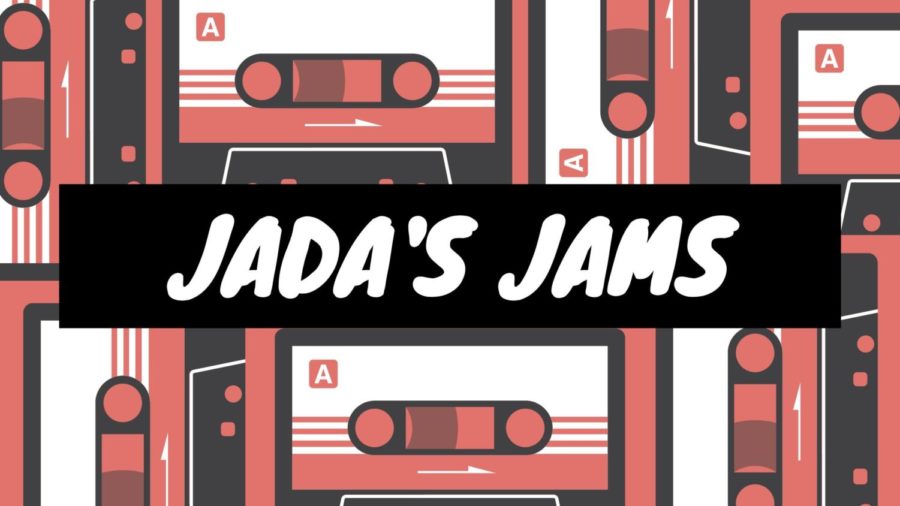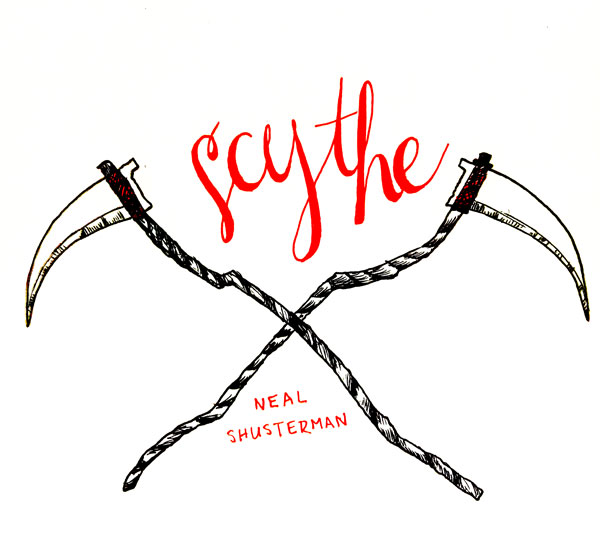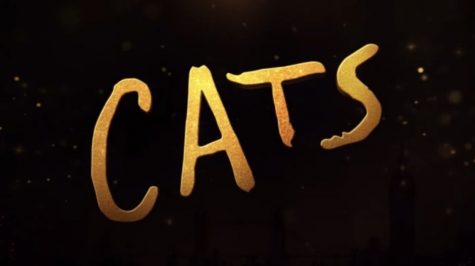A macabre utopia: Scythe kills it
A world in which death is conquered by man.
There are no diseases, no accidental deaths, and in the event someone is killed, resuscitation is a breeze. In a world like this, death is administered by the very people who sought an end to it: humans.
Neal Shusterman’s Scythe illustrates the perfect utopia in which dying is no longer a natural way of life, so the responsibility of killing falls upon specially trained immortals called scythes.
The novel begins with the introduction of the feisty Citra Terranova and the cool, collected Rowan Damisch. Once chosen for apprenticeships to Scythe Faraday, everything in their lives changes. They start out with a friendly competition for the honor of becoming a scythe, yet it doesn’t take long for the two teenagers to be pitted against each other. One is destined to live, and one is destined to die (or be gleaned, as the book puts it) by the victor.
A competition for a career that consists of killing people? Doesn’t that seem a bit…morbid? The answer is yes. What made this novel so different for me to read was the sheer amount of macabre material stuffed between the pages; when comparing the morals of today to those that humanity will supposedly have in the future, it doesn’t exactly scream “perfect utopia.” In fact, it’s terrifying!
One of the most interesting aspects of Scythe was Shusterman’s ability to build a world that contrasts everything humanity believes right now. Crime doesn’t exist in this utopia, yet pushing people in front of moving buses are no biggies due to the ability to resuscitate everyone and anyone, no matter the state their body is in. Not to mention the “gleaning quota,” in which the scythes must kill (no resuscitation allowed) a certain amount of people per year in order to maintain some sort of natural population control. The sense of normalcy for all of these disturbing instances made it both an uncomfortable yet undeniably interesting read.
That’s not to say every character in this novel lacks a sense of humanity. Although all of these things are normal to society as a whole, there are many characters that experience the same shock and resistance to that way of life. For instance, one saying within the novel is that the best scythe is a person who didn’t want to become one in the first place. Citra, Rowan, Scythe Faraday, and many other people express the same sentiments; killing is a horrible, dreadful job, yet its importance to society remains. It gave me a bit of solace to know that their world is not desensitized by death altogether.
The concept of immortality and its role in Shusterman’s world continuously captivated my interest. Though the novel doesn’t go too far in depth, there are references to the evolution of people and how they manage to conquer the inevitable through advanced technology. The book even demonstrates a society controlled entirely by an intelligent system known as the Thunderhead; it essentially takes the role of the omniscient god, which frighteningly parallels conspiracies with technology today. Retaining information about its users, violating privacy concerns, cameras and microphones that are always listening, always watching …
Scythe as a whole took all of my “what ifs?” about the future and stacked them into a single novel. Its bloody imagery, brilliant technology, and Shusterman’s uncanny ability to craft a world in which killing is the norm definitely made this story one of my favorites. I would recommend this novel to anyone who loves getting engulfed by a world so vastly different yet scarily similar to ours. After all, what if we conquer death? Will our trajectory be the same as Shusterman’s visions?

INFJ- I started early in the newspaper business as a sophomore, so I’ve been the editor for two years now. I’m currently working really hard (really,...





